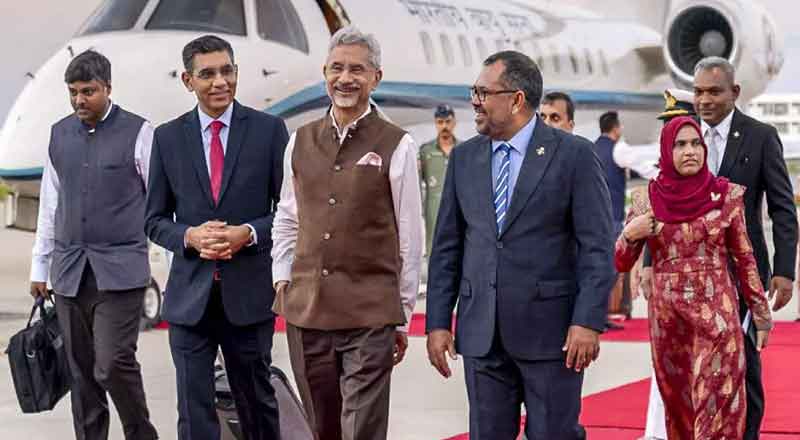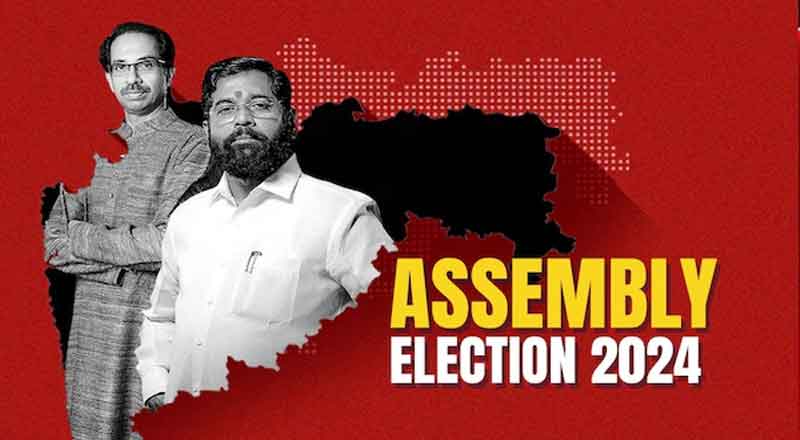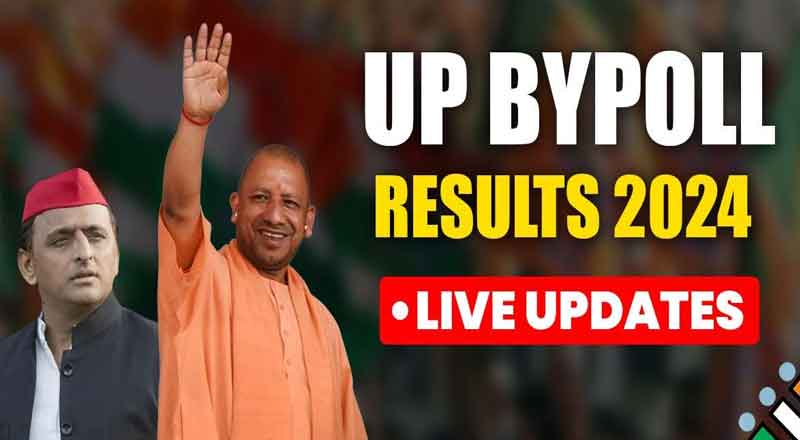Strengthening Ties with the Maldives: S. Jaishankar’s Official Visit
Indian External Affairs Minister S. Jaishankar’s official visit to the Maldives from August 9 to August 12, 2024, is a significant diplomatic engagement aimed at bolstering India-Maldives relations. This high-level visit underscores India’s commitment to strengthening ties with its maritime neighbor amid shifting geopolitical dynamics and evolving regional priorities.
Context and Objectives of the Visit
Jaishankar’s visit is the first high-profile engagement from India since President Mohamed Muizzu assumed office in November 2023. Muizzu’s presidency marks a notable shift in Maldivian foreign policy, particularly in relation to India. His administration has been characterized by a critical stance towards India, in contrast to his predecessor Ibrahim Mohamed Solih’s pro-India policies. This visit serves multiple strategic and diplomatic objectives:
Reinforcing Bilateral Relations: The primary goal of Jaishankar’s trip is to reinforce the strong historical and strategic ties between India and the Maldives. The visit comes in the wake of President Muizzu’s recent visit to India for the swearing-in ceremony of Prime Minister Narendra Modi. It aims to build on that interaction and further solidify the bilateral partnership.
Exploring New Avenues for Cooperation: The visit is an opportunity to explore new areas of cooperation and enhance existing partnerships. Jaishankar is expected to discuss various aspects of bilateral relations, including trade, security, and regional stability. The MEA has emphasized that the visit aligns with India’s ‘Neighbourhood First’ policy and the SAGAR (Security and Growth for All in the Region) vision.
Recent Developments and Background
Jaishankar’s visit follows a period of strained relations between India and the Maldives under President Muizzu. During his campaign, Muizzu had championed an ‘India Out’ movement, pledging to remove Indian military personnel from the Maldives and criticize India’s influence in the region. This stance was seen as a reversal of the previous administration’s pro-India policies.
In response to Muizzu’s campaign promises, India began withdrawing its military personnel from the Maldives. By the May 10 deadline set by Muizzu’s administration, India had ended its military presence, which had involved 89 Indian soldiers stationed to operate and maintain aircraft gifted to the Maldives. This withdrawal marked a significant shift in the security cooperation between the two nations.
Strategic Importance of the Maldives
The Maldives holds strategic importance for India due to its location in the Indian Ocean, which is vital for regional maritime security and India’s strategic interests. The island nation’s proximity to India’s southern coast makes it a key player in maintaining the balance of power in the region. Strengthening ties with the Maldives is crucial for India to safeguard its maritime interests and ensure stability in the Indian Ocean.
Despite recent tensions, there are positive indicators of improving relations. In May 2024, India extended a $50 million loan to the Maldives, which was well-received by the Maldivian government. Additionally, India lifted export restrictions on essential goods to the Maldives, further demonstrating its support for the island nation’s economy.
Enhancing Economic and Security Cooperation
Jaishankar’s visit is expected to address several key areas of cooperation:
Economic Collaboration: India and the Maldives have engaged in significant economic projects, such as the Greater Male Connectivity Project (GMCP). Initiated in August 2022, this ambitious infrastructure project aims to build a 6.74-kilometer bridge and causeway to connect Male with neighboring islands. This project underscores India’s commitment to supporting the Maldives’ development and economic growth.
Security and Defense: The visit will likely address the future of security and defense cooperation between the two nations. India has previously provided military assistance to the Maldives, including patrol vessels and training. The continuation of such support, despite recent changes, will be a key topic of discussion.
Diplomatic and Regional Implications
Jaishankar’s visit is also strategically timed to address broader regional implications. The Maldives’ geopolitical alignment has significant ramifications for India’s regional strategy. With President Muizzu’s administration signaling closer ties with China, India aims to reassert its influence and ensure that its strategic interests are safeguarded.
Moreover, the Maldives’ economic challenges, including debt repayments and economic instability, may influence its foreign policy decisions. Observers suggest that despite Muizzu’s pro-China rhetoric, the Maldives may seek a balanced approach due to its economic vulnerabilities. India’s support and engagement could play a crucial role in shaping the Maldives’ foreign policy trajectory.
To conclude, S. Jaishankar’s visit to the Maldives represents a critical effort to stabilize and strengthen India-Maldives relations amidst shifting political and strategic dynamics. The visit highlights India’s commitment to its ‘Neighbourhood First’ policy and the SAGAR vision, emphasizing regional stability and cooperative growth. As both nations navigate the complexities of their bilateral relationship, this high-level engagement is expected to pave the way for renewed collaboration and address key issues impacting their strategic partnership.
(With inputs from agencies)





